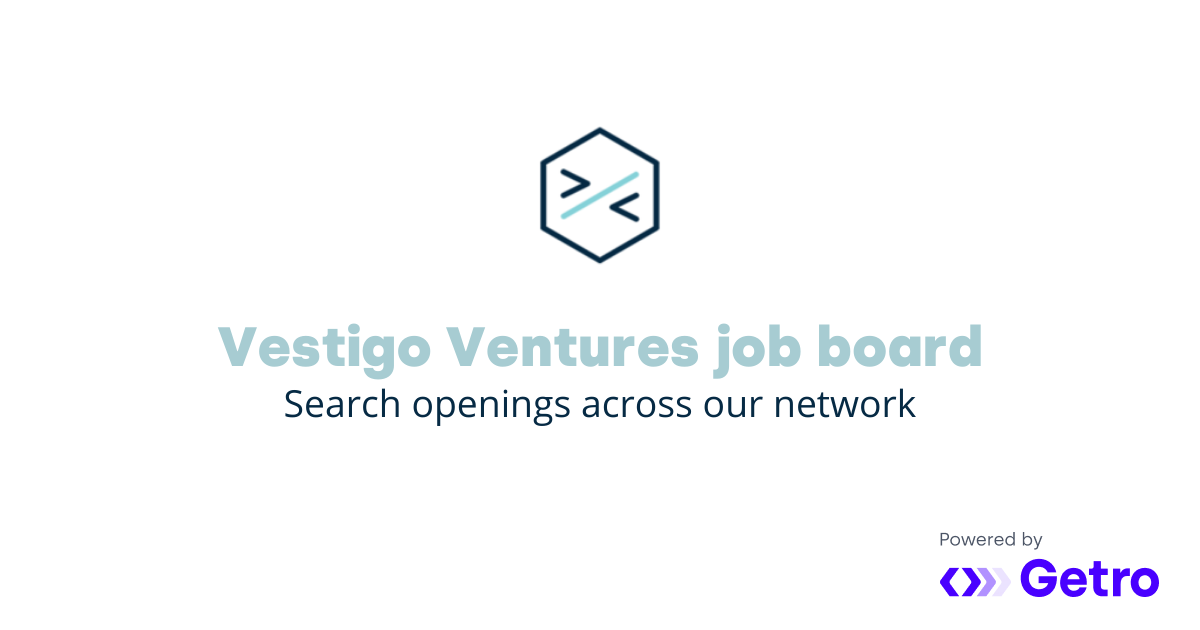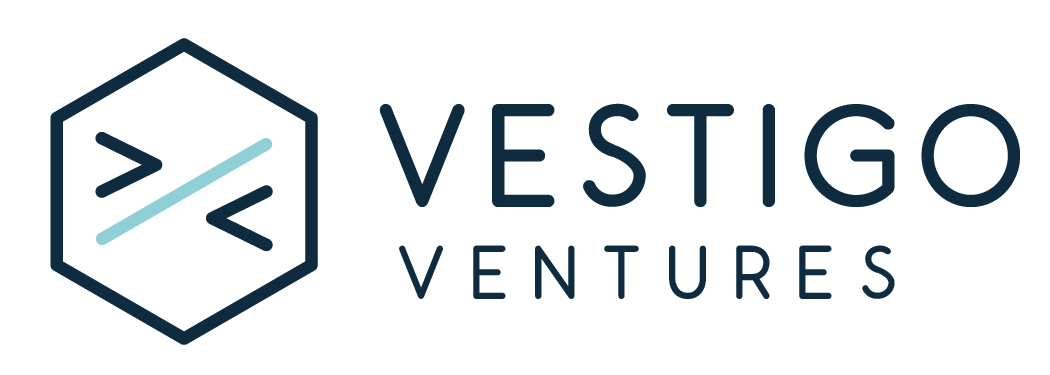Regulatory Evolution
Opportunities for Innovation in Fintech
There is much to do to keep America at the front and center of innovation. This month we focus on our thoughts on the shifting regulatory landscape and the corresponding opportunities for FinTech startups. The key need is to have ways to allow startups and incumbents to test their ideas. Some have suggested a “sandbox” that allows for experimentation by the various regulators for small scale tests. Arizona is the first US state to create a regulatory FinTech "sandbox," joining countries such as Australia, Singapore and the UAE.
Another approach is to put into place lower cost regulatory structures like inexpensive bank charters which has been done in the UK. Singapore has lead the way for making it safe to innovate and get it right but be okay if you get it wrong. Switzerland has focused on digital assets and creating an easier way to let that industry grow.
We need our regulators, starting with the SEC, to pave a way for use of the new technologies and customer demands to practice, dare we say play? This needs to be supported by our banking regulators as well. They do so informally but need to create clear guidelines to avoid harm to consumers but allow for expansion of ways to serve them.
—Dave & Mark
Envisions Interview
Regulatory Evolution
w/ Matt Beecher, CEO at Vault
Cycles of Disruption
Investment decisions are easy when you meet founders whose product is 10x better than its nearest substitute. According to the efficient market hypothesis, opportunities like this only arise the moment a 10x technological breakthrough occurs. Fortunately for us (and our LPs), we don’t have to wait for quantum computing to find great investments. Sometimes we just have to recognize when a meaningful group of potential customers are forced to rely on a terrible product. But where to look?
Consider some of the most painful transactions in your life: paying taxes, health insurance (claims or registration), anything that involves your cable provider. There’s a theme. Unpleasant customer experiences are ubiquitous in highly regulated (or government dominated) sectors which are in turn served by oligopolistic (often monopolistic) firms. These structures invariably suppress innovation, overcharge, and provide a bare level of service in return, for a while…
Incremental technological progress enjoyed by the rest of the economy reaches an inflection point when startups can delight consumers by circumventing incumbents’ regulatory bulwarks (you no longer need a medallion to drive a taxi, a license to run a hotel, physical branches to own a bank). Thoughtful incumbents can avoid such a cataclysm by partnering with intrepid technologists to bring their customers the experiences they deserve sooner, before the levies break. Most will not. Vestigo’s raison d’être is to capitalize on the outsized influence of these dynamics in financial services today.
Whether it’s a SaaS that seamlessly calculates your tax liabilities from crypto speculation, a platform that empowers you and your employer to minimize your student debt burden, a frictionless portal for fast small business credit underwriting, or a digital bank that makes you financially responsible while you play animated games, several things are clear. Innovation is on the rise, costs are coming down, and customers are beginning to experience an order of magnitude improvement in the quality of their products and services.
So far, we are having a lot of fun identifying weak points in our industry and the teams that will enchant underserved consumers and enterprises. We expect that we will find a way to cope with the profits from our efforts as well…
—Frazer
New Portfolio Company

On October 5, 2018, VVF1 invested in a convertible note for Long Game Savings Inc. Long Game is a prize-linkned/ goals-based personal finance app that allows users to play games to win cash prizes and rewards for good financial actions. The Company is not pursuing a financial literacy or financial education strategy, rather they are pursuing financial improvement through action.
To date, Long Game has acquired 200,000 users, of which 50,000 have activated savings accounts. The Company is highly focused on customer acquisition and engagement. As a result, Long Game has created an incredibly cost-effective customer acquisition strategy translating to a massive lifetime value (LTV) to customer acquisition cost (CAC) ratio.
Long Game was founded by Lindsey Holden and Ashby Monk Ph.D. Holden has been involved in startups since 2011 when she joined Formation8 (a digital-focused VC) as a founding associate. She started her first company, Innovative Auctions, in 2013 which she lead to a successful exit in 2015. Monk has held top research positions at Stanford since 2011 and has founded three startups prior to Long Game.
Long Game is the first investment sourced from Vestigo’s recently launched XPLR algorithm. Our co-investors include Collaborative Fund, M Ventures and Thrive Capital. Mike Nugent, Managing Director, will serve as Vestigo Ventures' Board Observer.
Money2020 is Quite the Show

I attended the Vegas show of about 12,000 disrupters at Money2020. It was fantastic to see so many focused on the same goals of improvement of our financial system. The expo hall was massive and the meetings were well attended. The only disappointment was T-Pain who gave a less than exciting show the second night. How could he not perform “Hey Bartender”?
We used it to reconnect with fellow venture capitalists, discover new startups and meet potential LP’s for Fund 2. It was excellent for networking.
Two of our companies presented to packed audiences. I was impressed with their performance and intensity. One is Long Game which we announce in this issue of our newsletter. We found them in XPLR, which is our new way of leveraging Cogo Labs data to find early stage FinTechs, and had invested by the time we got to Vegas. Since they do gamification, it was a great fit to be there
We would say it's a great event to attend to network on all things FinTech.
—Mark
FINRA Innovates
Not a headline you might expect about the US regulator for brokerage firms. They put on an impressive gathering of thought leaders in FinTech as well as other regulators. Mark is on the committee for FINRA along with a variety of startups in FinTech and consultants on the topic of innovation. It makes for a great discussion.
The host presented several thoughtful topics to draw out the participants on a variety of topics. This setting allowed for lots of give and take on digital assets, tech company plans to enter financial services, data protection and ways to expand innovation.
The most interesting talking points came from an ongoing FINRA study on digital assets like cryptos and ICOs. Of the more than 2,600 crypto firms surveyed by FINRA, only a tiny percentage have reported that they are distributing to accredited investors ICOs in a Regulation D format. Feels like an early wave in the use of this new alternative asset.
We will continue to support FINRA in their efforts to learn about how the world is changing. We encourage them to form an office of innovation and to create ways to allow for a “sandbox” approach to helping retail investors as well as markets make progress.
—The Vestigo Team
Portfolio Updates
Vault Joins Thought Leadership on Consumer Debt Crisis
Vault COO Romy Parzick joined thought leaders to discuss issues and solutions to the consumer debt crisis at the Aspen Institute's event "Lifting the Weight: Solving the Consumer Debt Crisis."

Interesting Reads


Apply to One of Our Portfolio Companies!

Our mailing address is:
Vestigo Ventures
1 Kendall Sq Ste B2101
Cambridge, MA 02139-1588
Add us to your address book
DISCLAIMER: The information presented in this newsletter is intended for general informational purposes only and may not reflect current law or regulations in your jurisdiction. By reading our newsletter, you understand that no information contained herein should be construed as legal, financial, or tax advice from the authors or contributors, nor is it intended to be a substitute for such counsel on any subject matter. No reader of this newsletter should act or refrain from acting based on any information included in, or accessible through, this newsletter without seeking appropriate professional advice on the specific facts and circumstances at issue from a professional licensed in the reader's state, country, or other appropriate licensing jurisdiction. This newsletter and its content should not be considered a solicitation for investment in any way.




